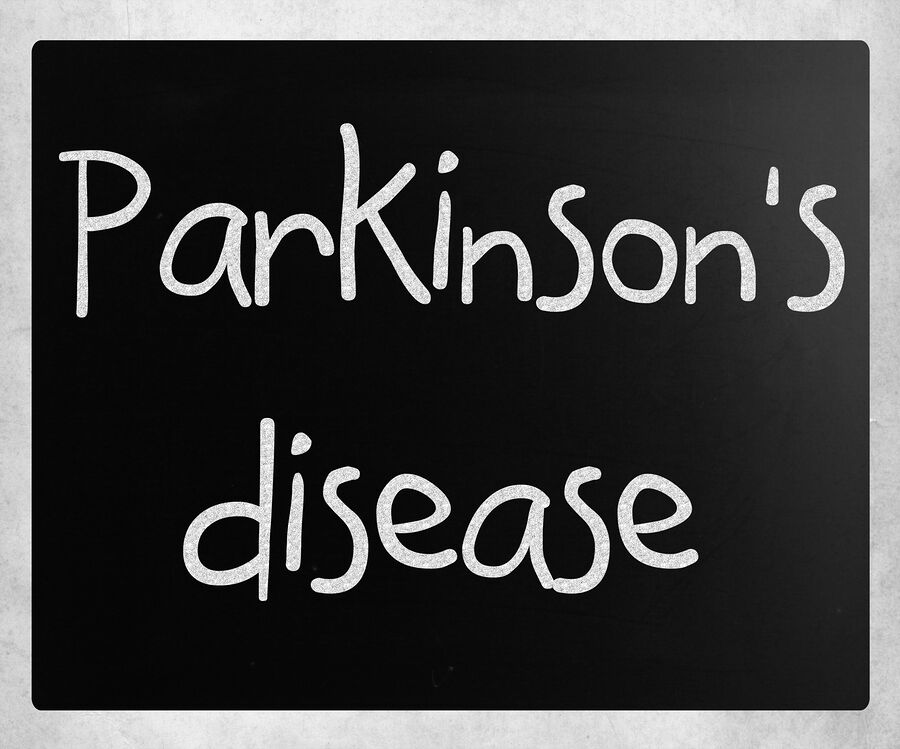Because Parkinson’s disease (PD) is a condition that affects movement, many family caregivers are surprised when their older family member begins to exhibit signs of psychosis. Psychosis is a medical term that is used when a person has symptoms that indicate they’ve lost touch with reality.

One of the symptoms associated with Parkinson’s psychosis is hallucinations.
Hallucinations can involve any of the senses, but the most common kind of hallucination in people with PD is visual, meaning the senior sees things that are not there. Some of the most common kinds of hallucinations for PD patients are animals and people. Some report seeing animals scurrying about the room while others say they see a loved one who has passed away. Hallucinations can be frightening for the older adult and disconcerting to their caregiver, who may not know how to respond. If your aging relative is experiencing hallucinations, here are some tips that can help you to respond appropriately.
Report Hallucinations to the Doctor
The first step in dealing with hallucinations is to report them to the older adult’s doctor. Unfortunately, the common belief concerning hallucinations is that they are often a side effect of the medications used to treat PD symptoms. However, that doesn’t mean there’s nothing to be done about them. The doctor may change the senior’s treatment or add medications that can treat psychosis symptoms.
Don’t Panic
Although hallucinations are disconcerting, it’s important to remain calm. The hallucination may be frightening to the older adult, so your calm, soothing reaction can help to quell their fears.
Reduce Background Noise
The noise of a television or radio can add to the confusion your aging relative is feeling and make them even more fearful. When you discover the senior is hallucinating, try reducing or eliminating background noises. The quieter, calmer environment may help the senior through the episode more quickly.
No Arguing
When the older adult says there is a squirrel in the room, don’t bother arguing with them. What they are seeing is real to them, so it doesn’t matter if it’s real to you. Instead, just play along and then try to distract them from what they are seeing by moving them to another room and starting an activity.
Use Elderly Care
If you’re not already using elderly care, now is a good time to contact an elder care agency and find out what they can do to help your aging relative with PD. Because elderly care providers are experienced in working with older adults, the staff member assigned to your aging relative will probably have experience with PD or with seniors who have experienced hallucinations. Even if they don’t have direct experience, an elderly care provider will have resources to turn to where they can receive expert advice to help both your loved one and you to deal with hallucinations.
If you or someone you know needs hiring a Caregiver in Fairmont, MN, contact Adara Home Health Care. We provide quality and affordable home care services for many fragile or senior members in the communities we serve. Call us at (888) 660-5772 for more information.
Sources
Parkinson.org
Michaeljfox.org
Everydayhealth.com

